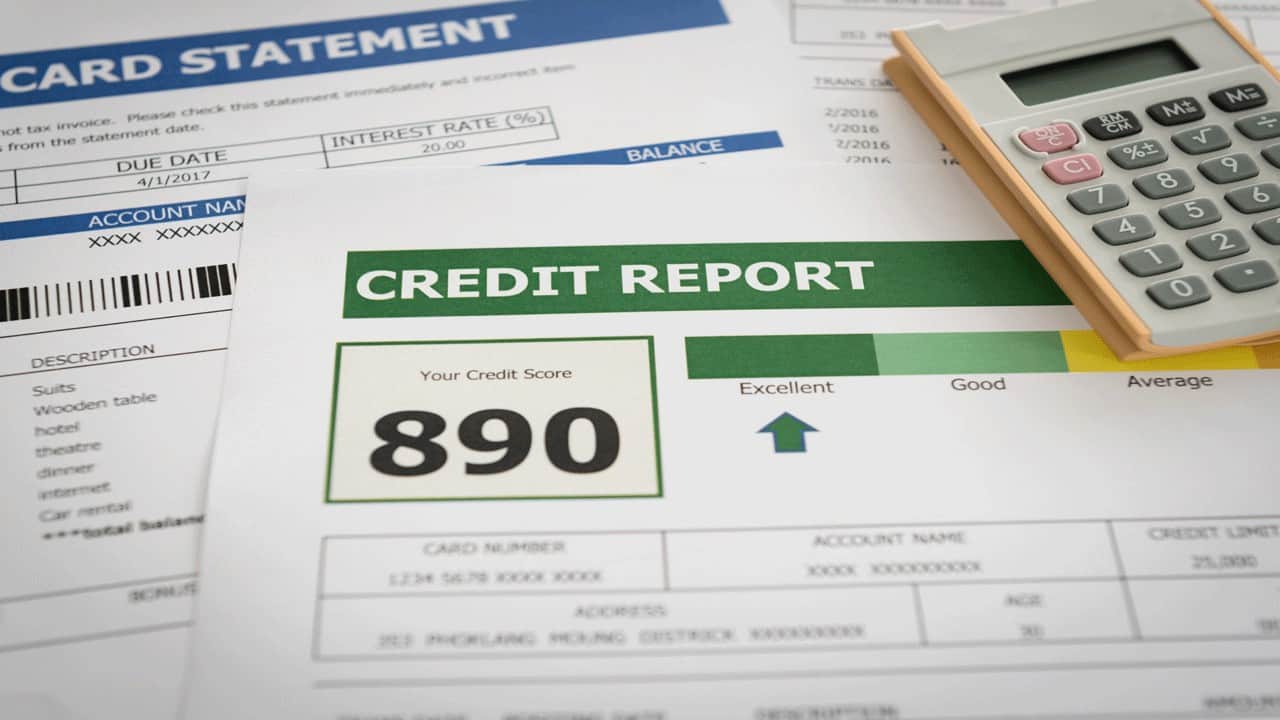THIS POST MAY CONTAIN AFFILIATE LINKS. PLEASE SEE MY DISCLOSURES. FOR MORE INFORMATION.
Do you sometimes feel like managing your money is a juggling act?
Between trying to keep the bills paid, putting money into savings, making sound investments, and then, of course, there are the unexpected expenses.
All of this can be overwhelming, but transforming your finances doesn’t have to be daunting.
By following some simple money rules, you can take control, change your financial situation, and create a financial future you can look forward to.
In this article, we’ll look at 24 money rules that will transform your finances the most. By following these tried-and-true rules, you’ll be ready to make smart financial decisions, save more money, and reduce financial stress.
We’ve put together this list by examining what’s really working for financially successful people from all backgrounds.
So get ready to take control and transform your finances with our top 24 money rules!
#1. Make a Budget and Stick To It

If you want to transform your finances, creating and sticking to a budget is essential.
By budgeting your money, you can see where it’s going and control your spending.
The good news is that you have plenty of options, from zero-based budgeting to the 50/30/20 rule and more.
The key is finding one with the framework that works for you and then tinkering with it to flow seamlessly into your financial life.
#2. Start an Emergency Fund

It is crucial to have an emergency plan in case unexpected situations arise, such as losing your job or having a major medical expense.
Experts recommend saving enough to cover at least one year of expenses to give you the peace of mind and financial security you need.
To start one, set up an automatic transfer from your checking account. Aim for $20 every time you get paid. If you can afford to save more, then save more.
Using windfalls from tax refunds and other gifts can help boost your balance, too.
#3. Live Within Your Means Keep

It’s important to live within your means, not rely on credit cards or loans for day-to-day expenses, and pay your monthly bills.
By keeping housing costs below 30% of your income, you can avoid living paycheck-to-paycheck and have more control over your finances.
#4. Invest 20% of Your Income

Even though it may seem impossible at this point, investing is an important part of transforming one’s financial future.
Experts say saving at least 20% of your income is the best way to build long-term wealth.
But what if you can’t invest this amount?
Start by saving the maximum required to get the employer match on your 401k at work. Then, save more in a Roth IRA.
If you can’t save that amount, follow Dave Ramsey’s baby steps to build a foundation for saving and investing this amount.
#5. Save 10% From Every Paycheck

To transform your finances, you must start saving money, and the recommended amount to save is 10% of your income.
An easy way to save is to set up automatic transfers from your checking account into a savings account every month.
If you can only save 5% or some smaller amount, do this instead. The goal is to create a habit. Then, work on improving your finances; when you do, you can increase your savings.
#6. Negotiate

Many people are unaware that they can negotiate their bills, salary, and credit card interest rates.
By negotiating, you can save hundreds or even thousands of dollars per year, which can go towards your savings or investments.
Don’t be afraid to ask for a lower price or a higher salary; the worst they can say is no!
#7. Improve Your Credit Score

Having a good credit score will affect your ability to get loans, rent an apartment, and even get a job.
A high score also means you get the lowest interest rate, saving you thousands over the life of your loan.
To improve your credit score, pay your bills on time and keep your credit card balances low.
#8. Pay Cash for Big Expenses

While putting big expenses on a credit card may be tempting, it is better to pay for them in cash to avoid high interest rates.
It will also be easier to stay on budget and not overspend if you see the money leaving your account immediately.
#9. Buy Quality

While it can be tempting to buy the cheapest option when shopping for items, buying quality products will save you money in the long run.
Quality, well-made items will last longer, and you won’t have to replace them constantly.
This also applies to big purchases like cars or appliances, so do your research and invest in a reliable, high-quality option. Contrary to popular belief, some great cheap beater cars can save you serious money.
#10. Always Climb the Ladder

If you’re looking to boost your income, the best way is to get a raise.
Climbing the career ladder and handling more tasks can help you ask for a raise or look for better-paying job options.
To start, sit down with your boss and find out what additional responsibilities you can take on. Ask if there are any projects other teams are working on and if they need help.
At the very least, ask your boss what they need help with and take on some of their work.
Document all this and schedule another meeting before your usual annual meeting to set the stage for a promotion or raise.
#11. Don’t Impulse Shop

Impulse shopping can wreck your finances, especially if you buy higher-ticket items or shop often.
Instead, make a list before you go shopping, stick to it, and wait 24 hours before making any big purchases.
#12. Opt for Employer Retirement Plans

If your employer offers a retirement plan, take advantage of it.
This is a good way to secure your financial future as you build up savings and possibly receive matching contributions from your employer.
As previously mentioned, try to invest enough to get the employer match.
Then, increase the amount you save by 1% each year after that.
#13. Set Long Term Goals

Although it may seem overwhelming to think about long-term goals instead of day-to-day living and immediate expenses, setting long-term goals is just as important.
If you don’t think about saving for retirement, buying a house, or paying off debt, you will be in the same situation in the future that you are today.
#14. Pay Off High-Interest Debt

High-interest debt, such as credit cards, can seem like you will never repay your debt.
Make a plan that includes aggressively paying off your high-interest debt as soon as possible and then commit to keeping it paid off.
#15. Set Retirement Savings Goals

Set a goal to save at least 15% of your income for retirement so that you can live comfortably in your golden years.
Retirement may not seem like something you need to think about right now, but it’s important to start saving for it as soon as possible.
#16. Get a Side Job

If you want to pay off debt sooner and start saving more money, you may need to have more income coming in.
You can start a side hustle to earn extra money and give yourself more budget flexibility. Just find one that interests you so you will enjoy it while earning extra cash.
#17. Use The 50-30-20 Plan

Now that you have decided to manage your money, you may want to consider dividing your income into the 50-30-20 rule.
This means that 50% of your income goes to essential expenses such as housing, food, and
50% for essentials like rent, bills, and groceries, 30% for personal expenses like entertainment and clothing, and 20% for savings and paying off debts.
#18. Automate Money Management

One of the best ways to stay in control of your finances is to automate your money.
You can do this by setting up automatic payments for bills and savings and using budgeting apps or tools to track your expenses and income.
By automating, you make sure nothing is forgotten about. However, use caution with this one. For some people, automation makes things worse.
So take the time to understand who you are and if automating things will help or hurt you.
#19. Interest Counts

You might not pay much attention to the interest rate on your debts or savings accounts, but interest rates matter.
A higher interest rate means more money you have to pay back on debts, and a low interest rate on savings means less money is earned.
Try to get as high a savings account interest rate as you can and as low an interest rate on any money you borrow.
#20. Invest In Yourself

Investing in yourself is an important tool for transforming your finances.
You are your greatest asset, so by improving yourself, you can increase your earning potential and reach your financial goals faster.
Continue your education, get healthy, and invest in your skills to create a better financial future for yourself.
#21. Be Like Minded with Your Spouse

If you and your spouse are not on the same page regarding finances, achieving any financial goals can seem impossible.
Make sure you have the same goals and values regarding money and work together as a team to achieve them.
At the very least, have a monthly finance meeting where you review your current situation, what bills or large expenses are upcoming, and your long term goals.
This helps you stay on the same page and increases the odds of reaching your goals.
#22. Be Tax Efficient

Taking advantage of tax-efficient investments and deductions is important to maximize your savings.
Consider consulting with a financial advisor or doing your own research to find the best ways to save on taxes.
#23. Diversify Investments

When you invest your money, you should spread it over various assets and investments.
Investing in stocks, bonds, real estate, mutual funds, EFTs, and annuities can minimize risk and protect your finances if one particular investment performs poorly.
#24. Don’t Forget Insurance

Insurance is a crucial part of financial planning that is often overlooked.
Make sure to have adequate coverage for your health, life, property, and any other assets so that when disaster strikes, it doesn’t wipe you out financially.
21 Habits Of Wealthy People

Do you what separates the wealthy from everyone else? It’s their habits.
The good news is learning their habits is simple which means with a little effort, you too can become wealthy.
How To Become Financially Independent

Being financially independent means not having to worry about money ever again.
You can choose to work if you want to, and spend money as you wish. But how do you get there? Here are the steps you need to take.
HOW TO BECOME FINANCIALLY INDEPENDENT
I have over 15 years experience in the financial services industry and 20 years investing in the stock market. I have both my undergrad and graduate degrees in Finance, and am FINRA Series 65 licensed and have a Certificate in Financial Planning.
Visit my About Me page to learn more about me and why I am your trusted personal finance expert.

